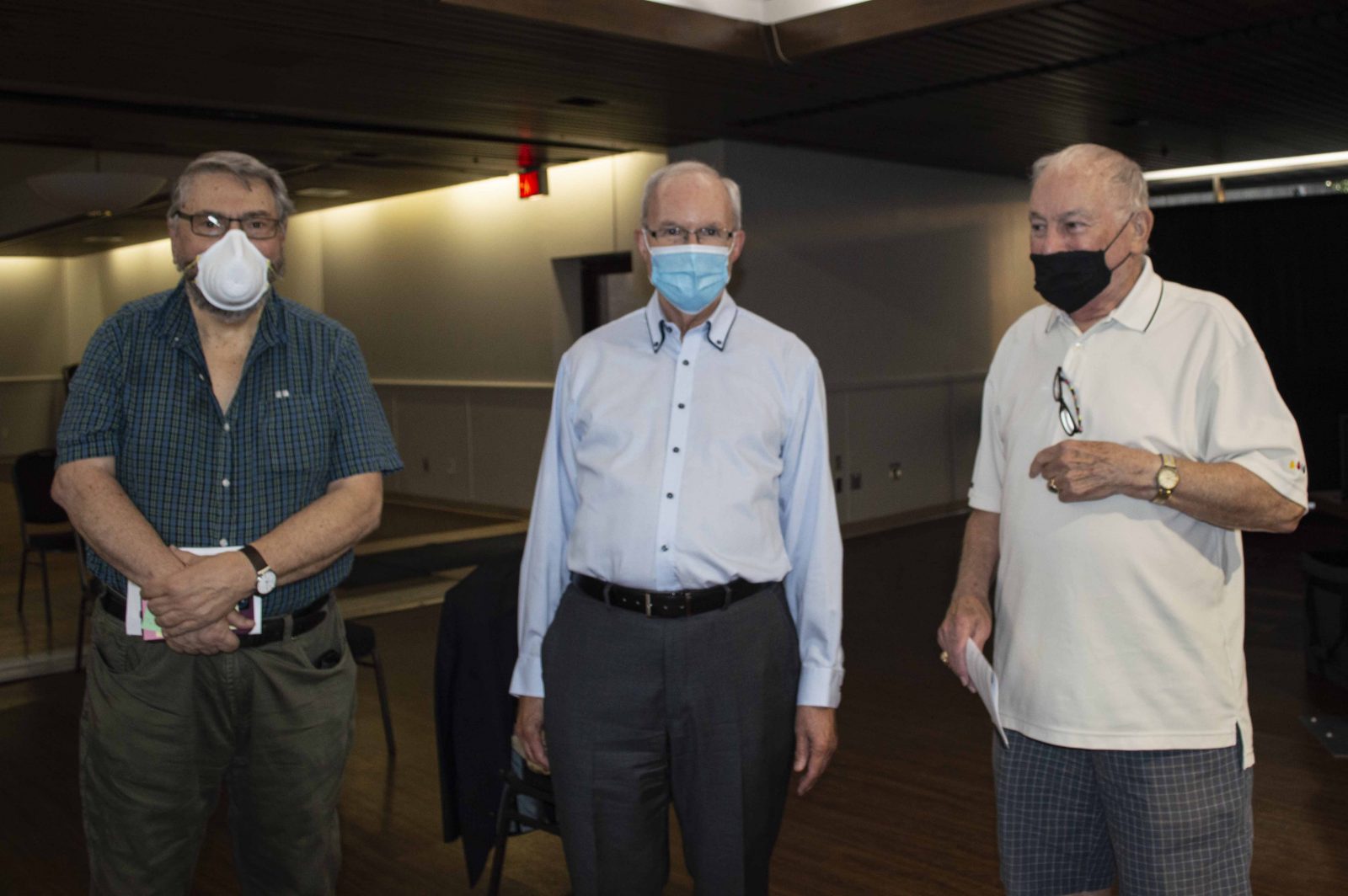CORNWALL, Ontario – Cornwall’s next city election could be the first of a new era. It was time for the public to have their say on how Cornwall votes on Thursday, Aug. 12, 2021. Cornwall’s City Council held a town hall meeting to hear citizen’s views on if the city should shrink in size, or return to a Ward system.
As part of an ongoing process since the start of the current term of council, city administration has been exploring potential changes to Council in response to requests from Coun. Justin Towndale and Coun. Todd Bennett. A survey in the Fall of 2021 asked residents their views on the topic, and only received responses from seven per cent of the city’s registered voters. The Town Hall was the final stage for administration before councilors are expected to decide on how to move forward on the matter.
Cornwall adopted an at-large, or General Vote, style of electing its city councilors in 1974 before Mayor Gerry Parisien became Cornwall’s first full-time mayor. In 1985, voters in the city cast ballots in favour of reducing council to its current size of 10 councilors, from 12, and one mayor. The length of terms has varied, per changes to provincewide legislation.
“Council members elected at large focus on city-wide issues and policy,” said former mayor Brian Lynch. Lynch went on to highlight how flooding in the city’s north end would never have been properly tackled under a ward system with councilors only concerned about a limited geographic area. Lynch ended his remarks with a plea to council to bring the matter to a public referendum.
“I tried to think of what the pros were before coming here,” said another former mayor and councilor, Dick Aubry. “I came up with one, and that is simply that it would be easier for a candidate to campaign…we shouldn’t be constructing electoral regulations to make it easier for candidates.”
As for public voices seeking change, Etienne Saint-Aubin, a campaign manager for the local Liberal riding association, cited low turnout as the main reason why the system needs to be reviewed, but echoed Lynch in stressing the voters should ultimately decide.
Other residents agreeing with Aubin also cited confusion when it came time to vote, as up to 32 candidates have run for office at a single time in Cornwall, and a lack of clarity over councilor’s roles.
Cornwall is not an outlier in Ontario, or Canada, for using at-large elections. Niagara Falls, with twice the population of Cornwall, is the largest Ontario city electing officials at large. The City of Vancouver uses a general vote, but municipal political parties are a factor in BC politics. Thunder Bay, with a population of 130,000, uses a hybrid model it adopted when the two former communities of Fort Williams and Port Arthur amalgamated.
Closer to home and closer in size, the City of Belleville elects 6 councilors from an urban ward and 2 from a rural ward, in addition to a mayor. This is similar to how the Township of North Glengarry elects its officials, with 3 district councilors and 3 at large councilors.
There was no consensus evident amongst the public or elected officials as to the best possible next step for Cornwall. But, there did seem to be a growing consensus that a participation rate of under 40 per cent is not the most representative of true democracy, and whatever solutions arise voter engagement should be top of mind.
VIDEO URL:



